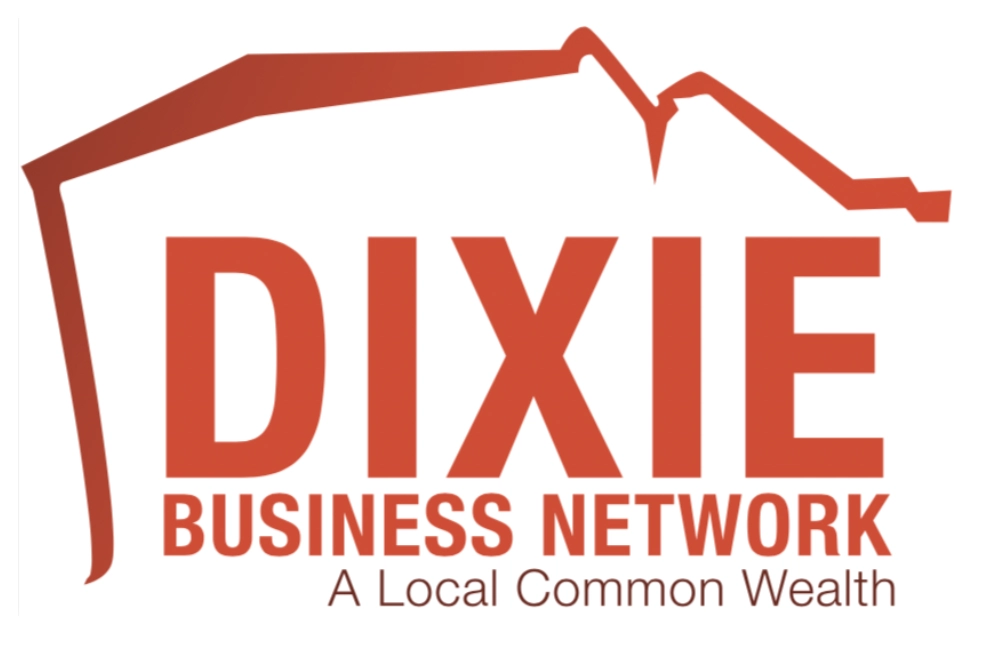Black Friday isn’t just for big box stores. For local entrepreneurs and small business owners, it’s a golden opportunity to boost sales, attract new customers, and build long-term brand awareness. With the right strategy, Black Friday for small businesses can become one of the most profitable times of the year.
Let’s explore how your business can thrive this holiday season with thoughtful preparation, targeted promotions, and a focus on customer connection.
1. Start Planning Early
The key to a successful Black Friday for small businesses is preparation. Set your goals ahead of time—whether it’s moving inventory, gaining new customers, or increasing brand visibility. Plan your discounts, create a marketing calendar, and make sure your staff is ready.
Create urgency by promoting a “limited-time” or “limited-stock” offer, and build anticipation weeks in advance through social media and email newsletters.
2. Offer Something Unique
Competing with major retailers on price is tough. Instead, highlight what sets your business apart. Offer a customized bundle, a small gift with purchase, or exclusive access to future services.
Small businesses thrive on personal connection—use that advantage. A handwritten thank-you card or personalized offer can create loyal, returning customers.
3. Embrace Online Sales
Even if you operate a brick-and-mortar store, online options are critical. Set up a streamlined checkout system, update your website with your Black Friday promotions, and use local keywords so shoppers in your area find you.
Offer local pickup or free delivery options for added convenience. This hybrid approach supports in-person and digital customers.
4. Promote on Social Media
Start your promotions early on Facebook, Instagram, and Google Business Profile. Use eye-catching graphics, behind-the-scenes prep footage, and teaser countdowns to get your audience excited.
Collaborate with other small businesses by sharing each other’s posts or running a joint giveaway. Black Friday for small businesses doesn’t have to be competitive—it can be collaborative.
5. Train Your Team for the Rush
Don’t underestimate the importance of team preparation. Make sure everyone knows the specials, how to handle increased traffic, and what to do if inventory runs low.
Create clear communication systems so staff can stay responsive and stress-free.
6. Follow Up After the Sale
The sale might end on Black Friday, but the relationship doesn’t have to. Email thank-you messages, ask for reviews, and offer a bounce-back discount for December to bring them in again.
Building loyalty after the first sale helps extend the holiday momentum.
Conclusion
Black Friday for small businesses isn’t just about discounts—it’s about standing out, building community, and creating long-term customer relationships. With smart strategy, great service, and intentional follow-up, your business can win big this season.
Want help connecting with other business owners who are doing the same? Contact us today or download our resource packet to join Dixie Business Network.

